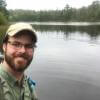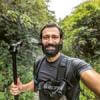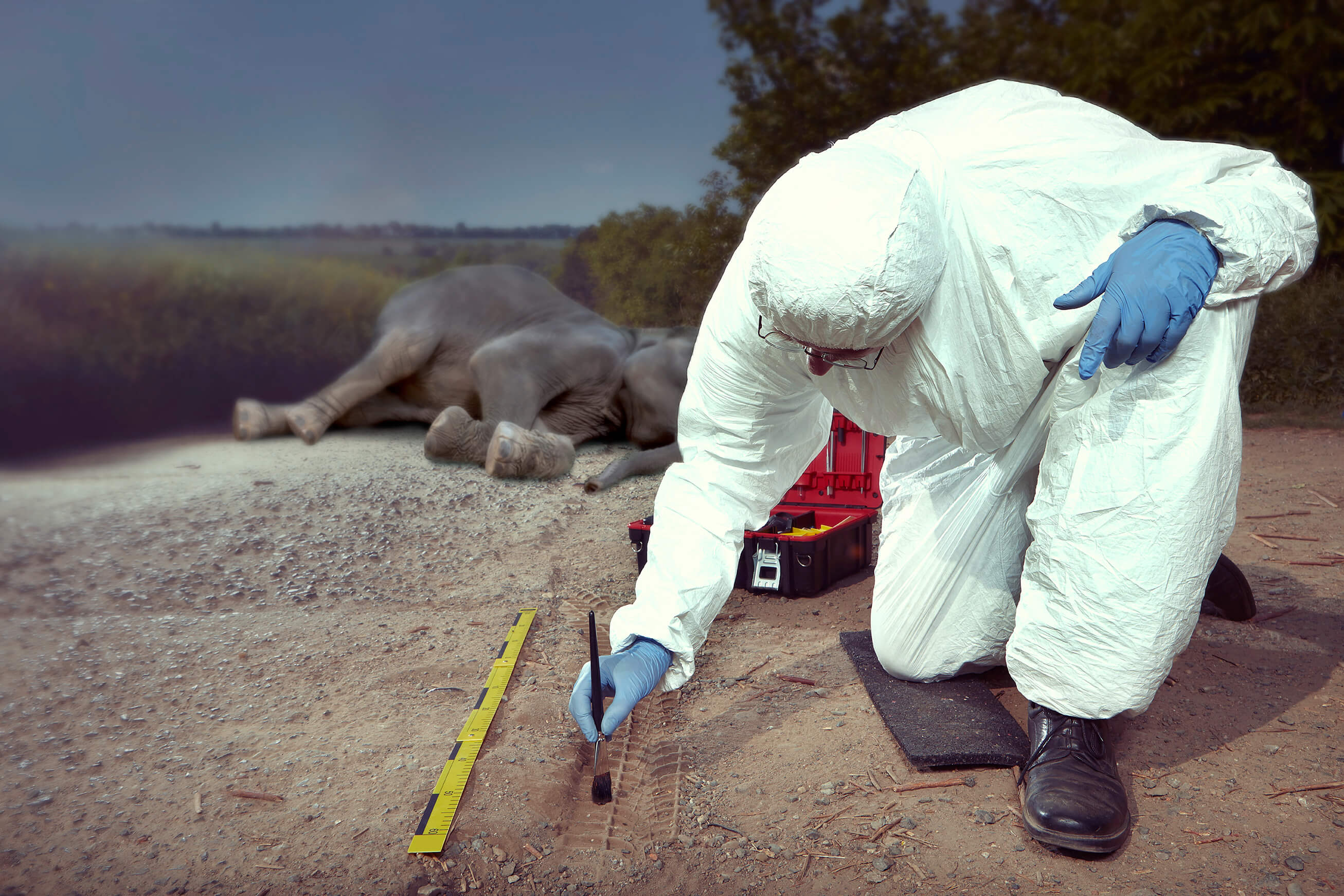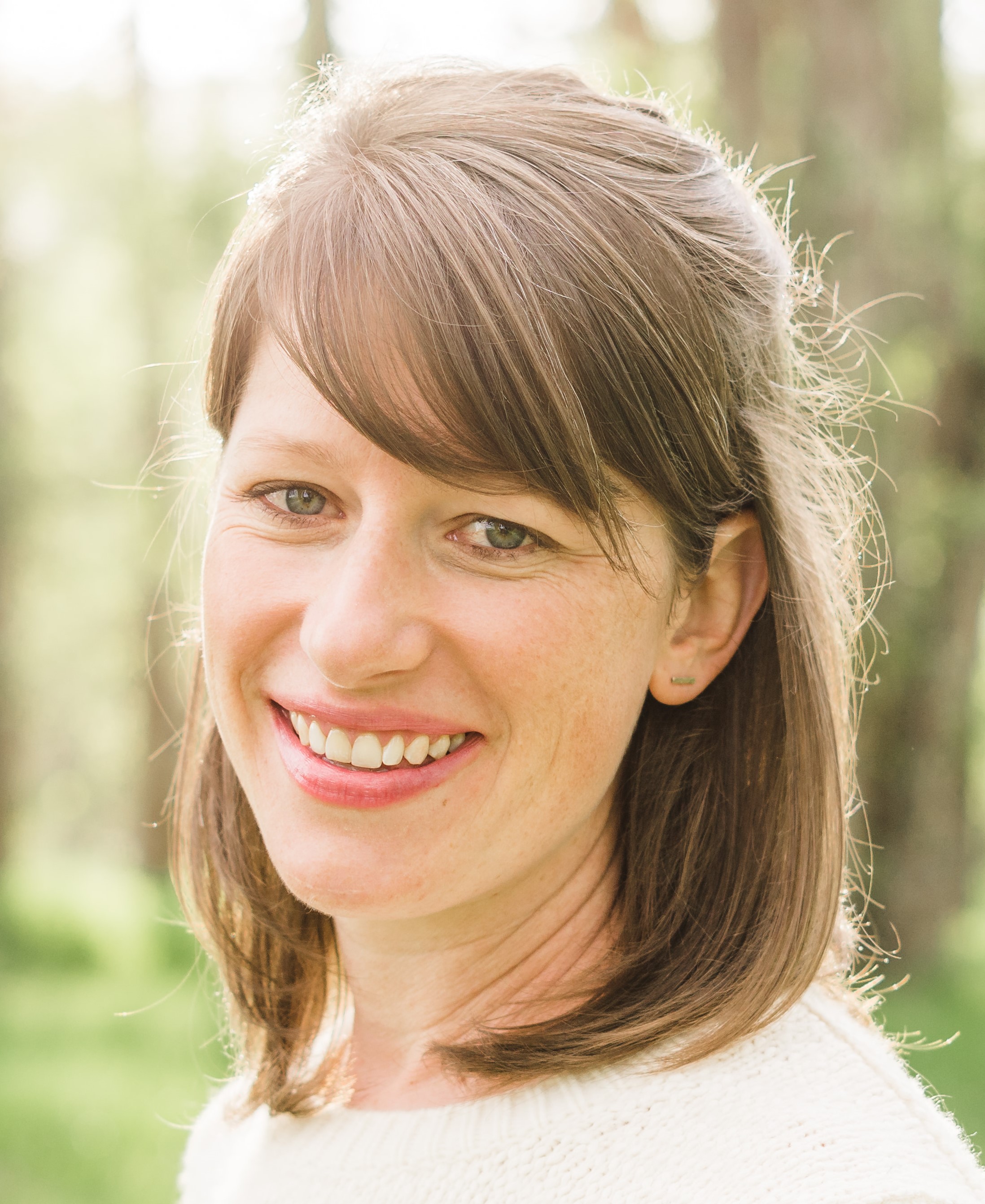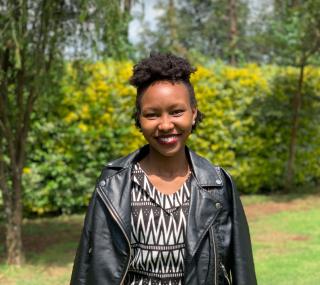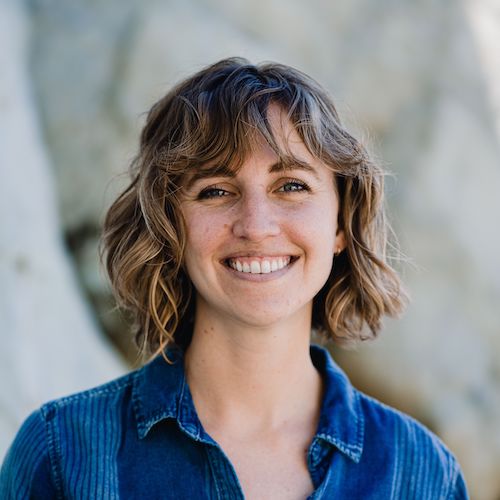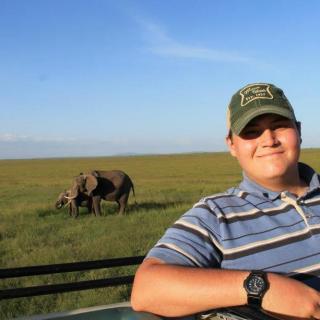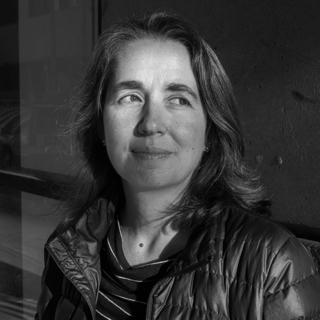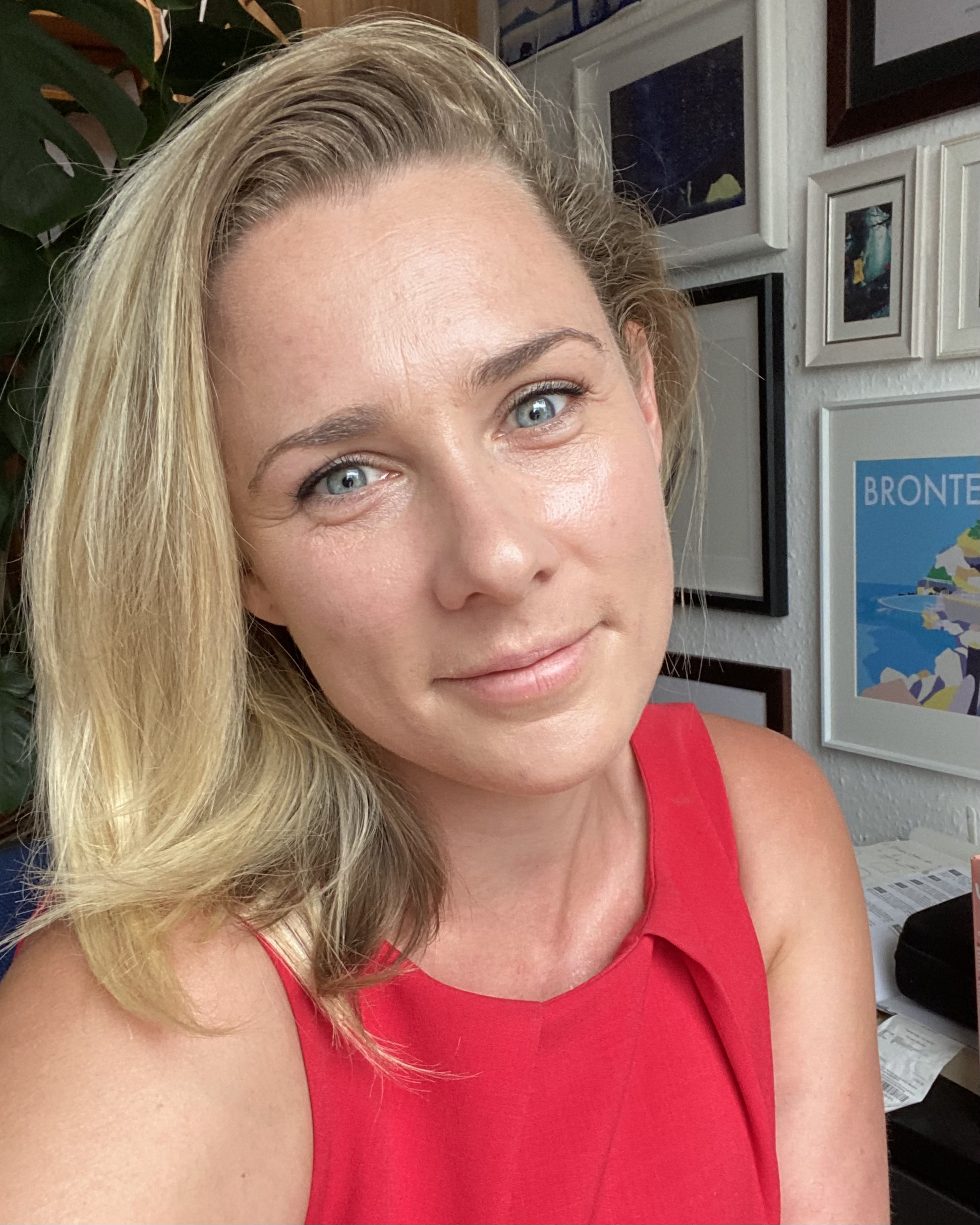With new technologies revolutionizing data collection, wildlife researchers are becoming increasingly able to collect data at much higher volumes than ever before. Now we are facing the challenges of putting this information to use, bringing the science of big data into the conservation arena. With the help of machine learning tools, this area holds immense potential for conservation practices. The applications range from online trafficking alerts to species-specific early warning systems to efficient movement and biodiversity monitoring and beyond.
However, the process of building effective machine learning tools depends upon large amounts of standardized training data, and conservationists currently lack an established system for standardization. How to best develop such a system and incentivize data sharing are questions at the forefront of this work. There are currently multiple AI-based conservation initiatives, including Wildlife Insights and WildBook, that are pioneering applications on this front.
This group is the perfect place to ask all your AI-related questions, no matter your skill level or previous familiarity! You'll find resources, meet other members with similar questions and experts who can answer them, and engage in exciting collaborative opportunities together.
Just getting started with AI in conservation? Check out our introduction tutorial, How Do I Train My First Machine Learning Model? with Daniel Situnayake, and our Virtual Meetup on Big Data. If you're coming from the more technical side of AI/ML, Sara Beery runs an AI for Conservation slack channel that might be of interest. Message her for an invite.
Header Image: Dr Claire Burke / @CBurkeSci

Explore the Basics: AI
Understanding the possibilities for incorporating new technology into your work can feel overwhelming. With so many tools available, so many resources to keep up with, and so many innovative projects happening around the world and in our community, it's easy to lose sight of how and why these new technologies matter, and how they can be practically applied to your projects.
Machine learning has huge potential in conservation tech, and its applications are growing every day! But the tradeoff of that potential is a big learning curve - or so it seems to those starting out with this powerful tool!
To help you explore the potential of AI (and prepare for some of our upcoming AI-themed events!), we've compiled simple, key resources, conversations, and videos to highlight the possibilities:
Three Resources for Beginners:
- Everything I know about Machine Learning and Camera Traps, Dan Morris | Resource library, camera traps, machine learning
- Using Computer Vision to Protect Endangered Species, Kasim Rafiq | Machine learning, data analysis, big cats
- Resource: WildID | WildID
Three Forum Threads for Beginners:
- I made an open-source tool to help you sort camera trap images | Petar Gyurov, Camera Traps
- Batch / Automated Cloud Processing | Chris Nicolas, Acoustic Monitoring
- Looking for help with camera trapping for Jaguars: Software for species ID and database building | Carmina Gutierrez, AI for Conservation
Three Tutorials for Beginners:
- How do I get started using machine learning for my camera traps? | Sara Beery, Tech Tutors
- How do I train my first machine learning model? | Daniel Situnayake, Tech Tutors
- Big Data in Conservation | Dave Thau, Dan Morris, Sarah Davidson, Virtual Meetups
Want to know more about AI, or have your specific machine learning questions answered by experts in the WILDLABS community? Make sure you join the conversation in our AI for Conservation group!
Wildlife Conservation Society (WCS)


- 1 Resources
- 0 Discussions
- 6 Groups
- 0 Resources
- 1 Discussions
- 4 Groups
- @mclapham
- | She/her
BearID Project
Conservation biologist using camera traps to develop automated methods of photoID

- 0 Resources
- 0 Discussions
- 6 Groups
- @NicoLaur
- | He/Him
PhD Student in Disease Ecology, Taxonomy and biomonitoring in Central Africa
- 0 Resources
- 0 Discussions
- 7 Groups
- 0 Resources
- 0 Discussions
- 4 Groups
- @ttopa
- | He/Him
Recent Environmental Science and Data Science graduate looking to learn more about the conservation tech world. www.TeodoroTopa.com
- 0 Resources
- 0 Discussions
- 6 Groups
- 0 Resources
- 0 Discussions
- 7 Groups
- @AnnabelL
- | she/her
- 0 Resources
- 0 Discussions
- 10 Groups
Michigan Natural Features Inventory (MNFI)
Wildlife ecologist
- 0 Resources
- 1 Discussions
- 6 Groups
- 0 Resources
- 3 Discussions
- 11 Groups
Technologist & Wildlife Photographer at Google
- 0 Resources
- 1 Discussions
- 3 Groups
- @Romain
- | He
Biologist in Geneva
- 0 Resources
- 0 Discussions
- 4 Groups
More than half of all primate species are endangered, including our closest living relative, the chimpanzee. Could Passive Acoustic Monitoring (PAM) be applied to primates as well as it has been for other taxa? In this...
29 June 2016
Operating the largest tropical forest camera trap network globally, TEAM Network has accumulated over 2.6 million images. How can large datasets coupled with new techniques for data management and analysis provide...
28 April 2016
Camera traps have revolutionised wildlife research and conservation, enabling scientists to collect photographic evidence of rarely seen and often globally endangered species, with low expense, relative ease, and...
20 April 2016
Thousands of papers and reports about flora and fauna are published each year. While peer-reviewed published information is vitally important to conservation organisations, the ever-increasing mountain of information...
5 April 2016
When Victoria Espinel, President and CEO of BSA | The Software Alliance, spoke at the WWF Fuller Symposium, she took us on a whistle-stop tour of case studies where software and data are transforming our understanding...
10 March 2016
The Captain Planet Foundation is offering EcoTech grants in the amount of $2,500 to engage children in inquiry-based project in STEM fields.
18 February 2016
New horizon scanning report published this month identifies 15 emerging threats and opportunities for global biodiversity.
3 February 2016
From artificial “sniffer” technologies to portable DNA sequencers, the Wildlife Crime Tech Challenge received hundreds of innovative ideas to help stamp out wildlife crime. Now, the Challenge is proud to announce 16...
22 January 2016
Dr. Lucas Joppa, Scientist at Microsoft Research, considers the evolving impact of data in conservation and society. He examines the difference between ‘big data’ and ‘small data’, and explores how models such as the...
22 December 2015
John Amos, President of SkyTruth, explores how remote sensing is being used in conservation today and the importance of sky-truthing. He examines the role that citizen scientists can play in increasing transparency in...
21 December 2015
Gary Atkinson, Director of Emerging Technologies at ARM, explains why we should be interested in the Internet of Things. Could it be a game changer for conservation?
10 December 2015
The 2015 Fuller Symposium brought together thought leaders in science, policy, business, conservation and development to tackle emerging issues facing our planet. This framing piece was developed to support a Fuller...
26 November 2015
June 2025
event
July 2025
October 2025
event
event
June 2022
event
event
73 Products
Recently updated products
16 Products
Recently updated products
| Description | Activity | Replies | Groups | Updated |
|---|---|---|---|---|
| Wildlife Insights launched their online platform hosting over 4 million camera trap images. They use AI to automatically classify the... |
|
AI for Conservation | 5 years 5 months ago | |
| Hey everyone! My colleagues and I are hosting a workshop on Animal Re-ID, and the submission deadline is a little less than a month... |
|
AI for Conservation | 5 years 6 months ago | |
| Chuck's Python for Everyone course is available these days at www.py4e.com, and he's also created a course called Web Apps for Everyone www.wa4e.com. Both... |
+7
|
AI for Conservation | 5 years 6 months ago | |
| Hi all! This is a great article summarizing new applications for AI for conservation, and highlights @vsahai 's work with... |
|
AI for Conservation | 5 years 9 months ago | |
| Wild Me (wildme.org) is looking to retain a UI/UX Machine Learning Engineer to help translate advanced ML into beautiful interfaces... |
|
AI for Conservation | 5 years 10 months ago | |
| Wild Me (wildme.org) is looking to hire a second, Masters or PhD-level Senior Computer Vision Engineer to focus on individual ID of... |
|
AI for Conservation | 5 years 10 months ago | |
| Hi, I would just like to introduce our Project BEESWAX7 and announce that today we acheived two milestones for success; we recorded bee... |
|
AI for Conservation | 5 years 10 months ago | |
| There's a discussion over in camera traps about the design of a device to run autonomously (in an inaccessible location) with reliable... |
|
AI for Conservation | 5 years 10 months ago | |
| I got to help TNC launch fishnet.ai over the weekend, a home for training data for fisheries monitoring & computer vision AI. We have a... |
|
AI for Conservation | 5 years 11 months ago | |
| Please consider submitting to this workshop and/or challenge which may be relevant to your work: Call for Papers and Call... |
|
AI for Conservation | 5 years 11 months ago | |
| yep! Drop me an email at stephanie.odonnell@wildlabs.net and I'll get you a link. Steph |
|
AI for Conservation | 5 years 11 months ago | |
| Artificial intelligence & Machine Learning Algorithms are transforming data analysis, but little is known about how they... |
|
AI for Conservation | 6 years 2 months ago |





